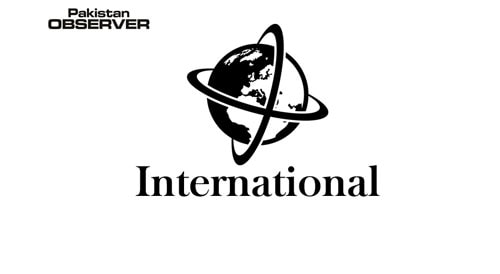Geneva
The World Health Organization called on Tuesday for a halt to the sale of live wild mammals in food markets to prevent the emergence of new diseases such as Covid-19.
The WHO said because traditional markets play a central role in providing food and livelihoods for large populations, banning the sale of live wild mammals could protect the health of market workers and customers alike.
The call came in fresh guidance drawn up in conjunction the World Organisation for Animal Health (OIE) and the United Nations Environment Programme (UNEP).
The three agencies said wild animals were the source of most emerging infectious diseases in humans and recommended measures to reduce the potential risk.
“Covid-19 has brought new attention to this threat, given the magnitude of its consequences,” WHO spokeswoman Fadela Chaib told reporters.
The agencies recalled that some of the earliest known cases of Covid-19 had links to a wholesale traditional food market in the Chinese city of Wuhan, with many of the initial patients stall owners, market employees or regular visitors to the market.—APP










